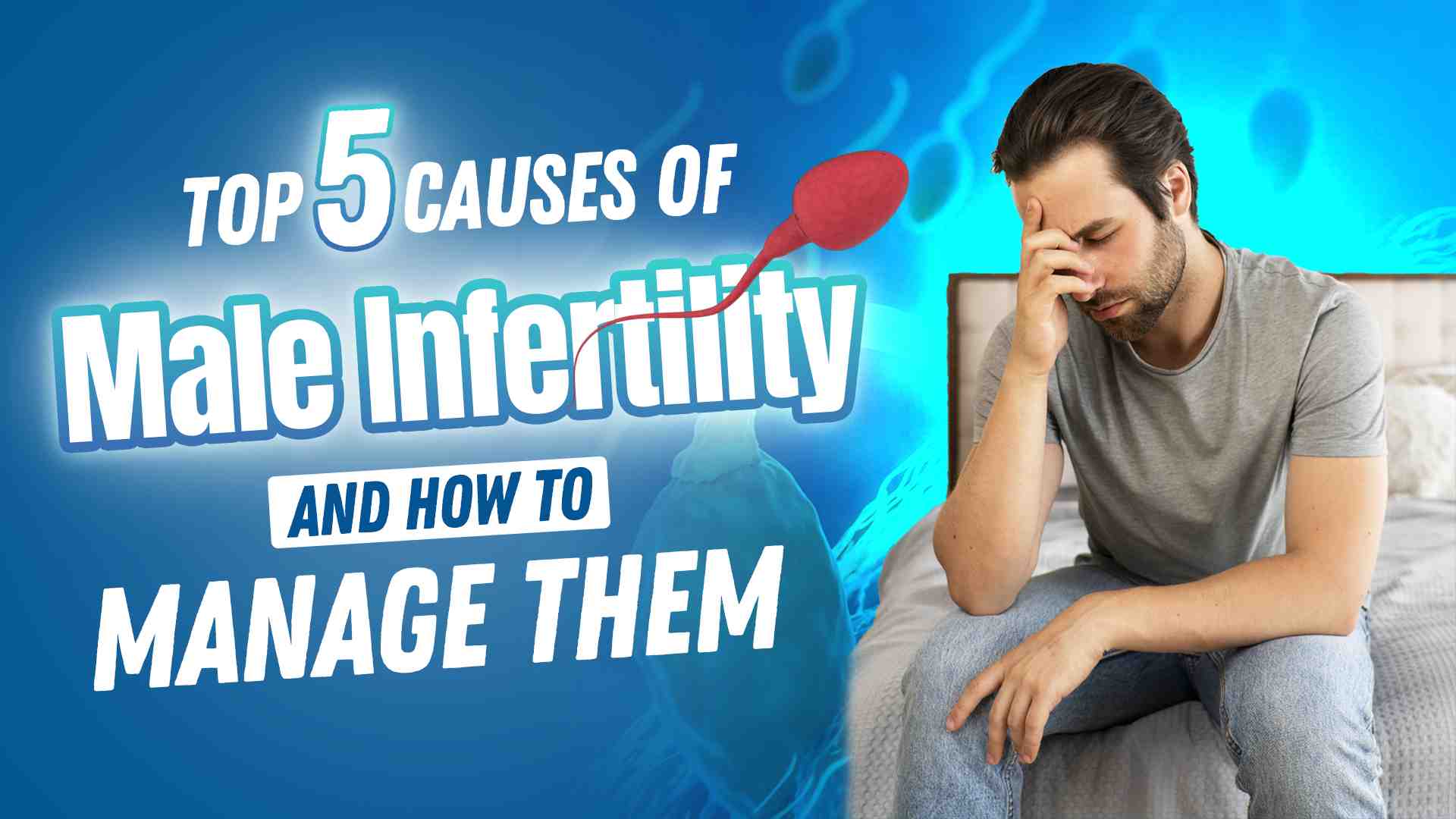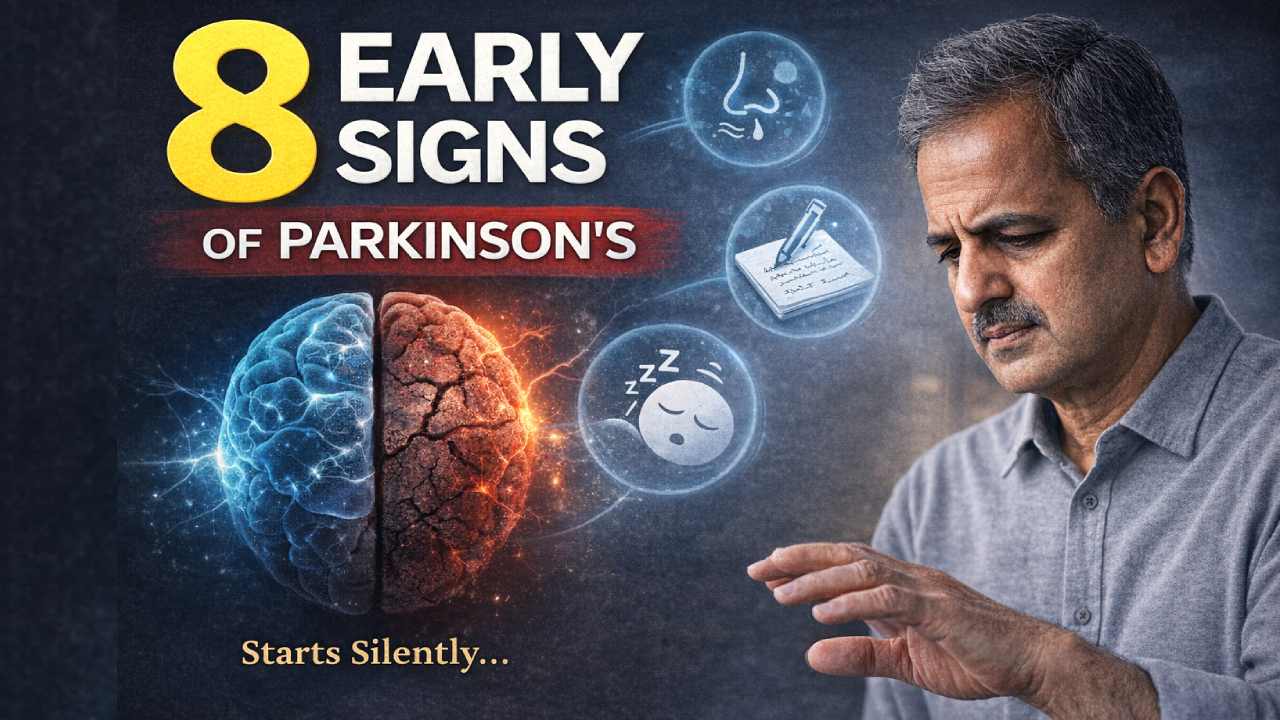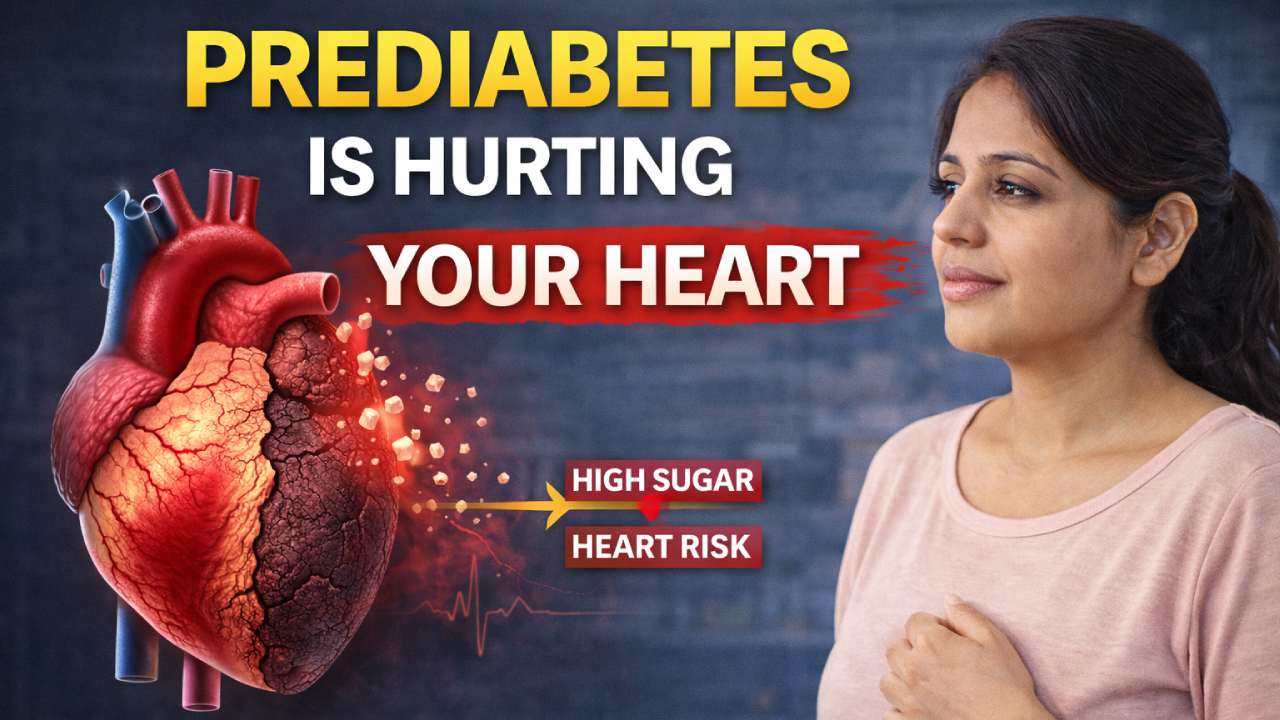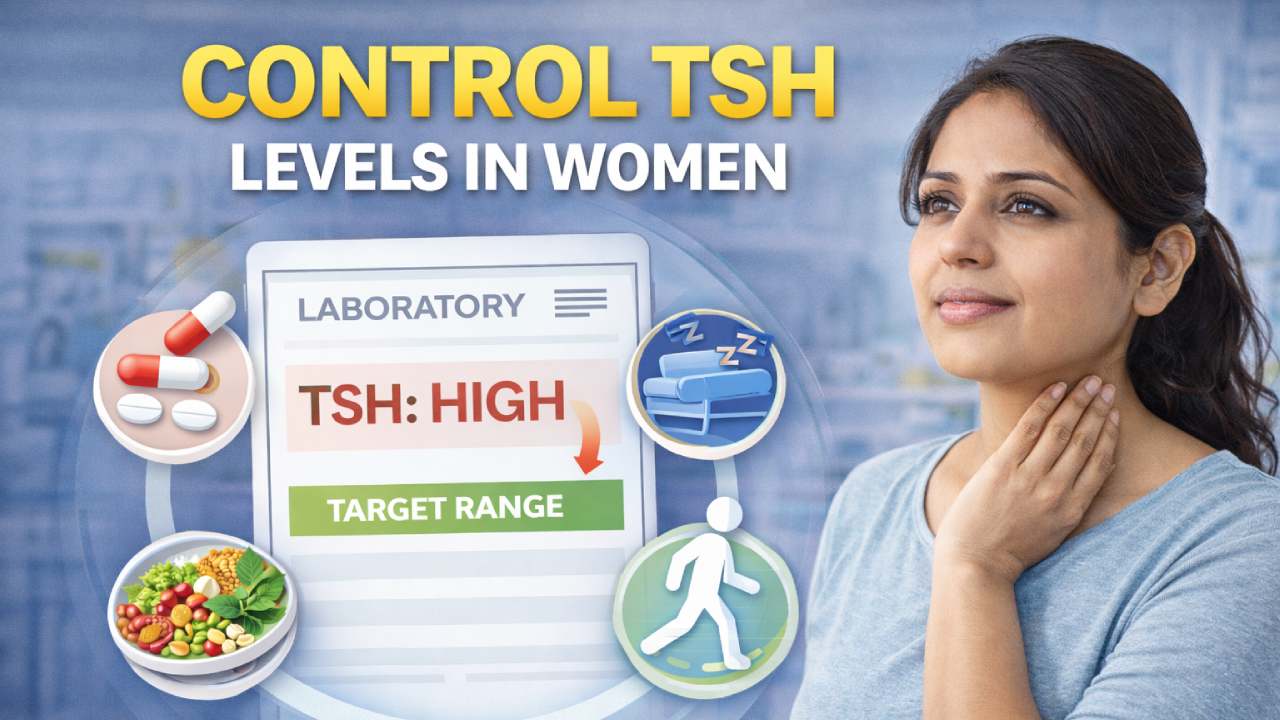Top 5 Causes of Male Infertility and How to Manage Them
Verified By Dr. Monika Gupta | 11-Apr-2025
When couples face difficulty in conceiving, the initial assumption often centers around the woman’s fertility. However, research and clinical experience show that male infertility contributes to nearly half of all such cases. Despite this, the issue remains under-discussed, largely due to stigma, lack of awareness, and social perceptions. As an IVF expert working closely with couples on their fertility journey, I often encounter surprise when men are found to be the contributing factor.
The good news is that most causes of male infertility are manageable or even reversible. In this article, I will explore the top five causes of male infertility and how they can be addressed through medical treatment, lifestyle changes, and timely intervention. This guide is intended to empower individuals and couples with information that could lead them toward successful conception.
Table of Content
Low sperm count, medically known as oligospermia, is one of the most common causes of male infertility. A sperm concentration below 15 million sperm per millilitre of semen is considered low and significantly reduces the likelihood of natural conception.
Causes:
- Hormonal Imbalances: An imbalance in hormones like testosterone, luteinizing hormone (LH), or follicle-stimulating hormone (FSH) can negatively affect sperm development and production.
- Genetic Disorders: Conditions like Klinefelter’s syndrome or Y-chromosome microdeletions are associated with low or absent sperm production.
- Environmental Factors: Excessive heat from hot tubs, saunas, or tight-fitting clothing can raise the scrotal temperature, negatively affecting sperm production.
- Medication and Substance Use: Some antibiotics, anabolic steroids, chemotherapy, and radiation therapies can impair sperm formation.
Management Strategies:
- Avoid exposure to excessive heat around the groin area.
- Maintain a healthy weight, as obesity can influence hormone levels and sperm quality.
- Get tested for hormonal issues and follow medical advice for correction.
- Take recommended supplements (like zinc and folic acid) under medical supervision
- Avoid substance abuse and review any medication with a healthcare provider.
Sperm motility refers to how effectively sperm can move. Even with a normal sperm count, poor motility can reduce the chance of fertilising an egg.
Causes:
- Infections: Past or present infections such as epididymitis, orchitis, or sexually transmitted diseases can cause inflammation, affecting sperm mobility.
- Lifestyle Choices: Smoking, excessive alcohol consumption, and recreational drug use damage sperm DNA.
- Nutritional Deficiencies: A lack of essential vitamins and antioxidants such as vitamin C, E, and selenium can impair sperm function.
- Structural Abnormalities: Varicocele, a swelling of the veins within the scrotum, may lead to higher scrotal temperatures and reduced sperm motility.
Management Strategies:
- Discontinue tobacco and limit alcohol use
- Treat any underlying infections with appropriate medications.
- Include antioxidant-rich foods such as berries, green leafy vegetables, and nuts in the diet.
- Stay well-hydrated and avoid excessive caffeine.
- Consult a urologist or fertility specialist to evaluate for varicocele or other physical conditions.
Also read: Infertility in Men and Women: Common Causes and Risk Factors in India
A varicocele refers to swollen veins in the scrotum, similar to varicose veins in the legs. It is a common, yet often overlooked, cause of male infertility.
Symptoms:
- Dull or aching pain in the scrotum, particularly after long periods of standing or physical activity.
- Swelling or visibly enlarged veins in the scrotal sac.
- One testicle appearing smaller than the other
Management:
- Surgical Treatment (Varicocelectomy): This minor outpatient surgery helps restore normal blood flow and lower scrotal temperature.
- Non-Surgical Support: Supportive undergarments and avoiding prolonged standing may provide symptom relief.
- Post-Surgery Outcome: Many men experience a marked improvement in sperm quality and motility after surgery, increasing the chances of conception.
Early diagnosis and intervention for varicocele can prevent further testicular damage and improve fertility outcomes significantly.
The hormonal system plays a pivotal role in male fertility. Hormones like testosterone, FSH (Follicle Stimulating Hormone), and LH (Luteinizing Hormone) are essential for sperm production. An imbalance in these can lead to infertility.
Common Triggers:
- Pituitary Gland Disorders: Tumours or trauma affecting the pituitary gland can interfere with hormone production.
- Thyroid Dysfunction: Sperm production and sexual drive can be negatively impacted by both underactive (hypothyroidism) and overactive (hyperthyroidism) thyroid function.
- Obesity and Metabolic Syndrome: Increased body fat leads to higher estrogen levels, which suppress testosterone production.
- Anabolic Steroids and Supplements: Misuse of performance-enhancing drugs can halt sperm production temporarily or permanently.
Management:
- Undergo hormonal testing to check levels of testosterone, FSH, LH, and thyroid hormones.
- Treat any underlying health conditions such as thyroid disorders, insulin resistance, or pituitary issues.
- Avoid over-the-counter supplements or steroids unless prescribed by a healthcare professional.
- Lifestyle changes such as weight loss and improved nutrition can also restore hormonal balance naturally.
- Hormone therapy may be advised in selected cases after thorough evaluation.
Modern life brings with it several environmental and lifestyle-related challenges that can adversely affect fertility.
Risk Factors:
- Smoking and Substance Abuse: These introduce toxins that directly damage sperm DNA.
- High Stress Levels: Chronic stress affects hormone production and can lead to reduced libido and sperm quality.
- Poor Diet and Inactivity: These can lead to obesity, metabolic syndrome, and hormonal disturbances.
- Environmental Exposures: Chemicals in plastics, pesticides, heavy metals, and radiation can interfere with sperm development.
Management Strategies:
- Eat a nutrient-rich, antioxidant-heavy diet
- Engage in regular but moderate exercise
- Managing stress through relaxation techniques or seeking professional support can help.
- Avoid heating food in plastic containers and opt for glass or steel instead
- Take precautions if working in chemical or radiation-prone environments
Also read: Common Urological Issues in Men Over 50: What You Should Know
If you've been trying to conceive for over a year without success (or more than six months if the female partner is over 35), consult a fertility specialist. The first step for male partners typically involves a semen analysis, which evaluates sperm count, motility, morphology, and overall semen quality.
Timely diagnosis can lead to effective treatment and significantly increase your chances of conception, whether naturally or through assisted reproductive techniques.
Don’t delay seeking help due to embarrassment or fear. Male infertility is more common than you think, and help is readily available.
Male infertility is not a fixed condition. With accurate diagnosis, the right medical interventions, and lifestyle improvements, many men can regain their fertility and fulfill their dream of parenthood.
Fertility is a shared responsibility between both partners. Both partners should be evaluated and supported equally throughout the journey. Emotional support, open communication, and professional guidance can go a long way in overcoming infertility challenges.
At Kailash IVF, we are committed to walking with you every step of the way. From diagnosis to treatment and emotional support, our goal is to provide comprehensive care tailored to your unique needs.
For appointments, evaluations, or fertility counselling, contact the expert team at Kailash IVF.
Let’s take the next step toward building your family – together.



 +91-9711918451
+91-9711918451
 international.marketing@kailashhealthcare.com
international.marketing@kailashhealthcare.com







